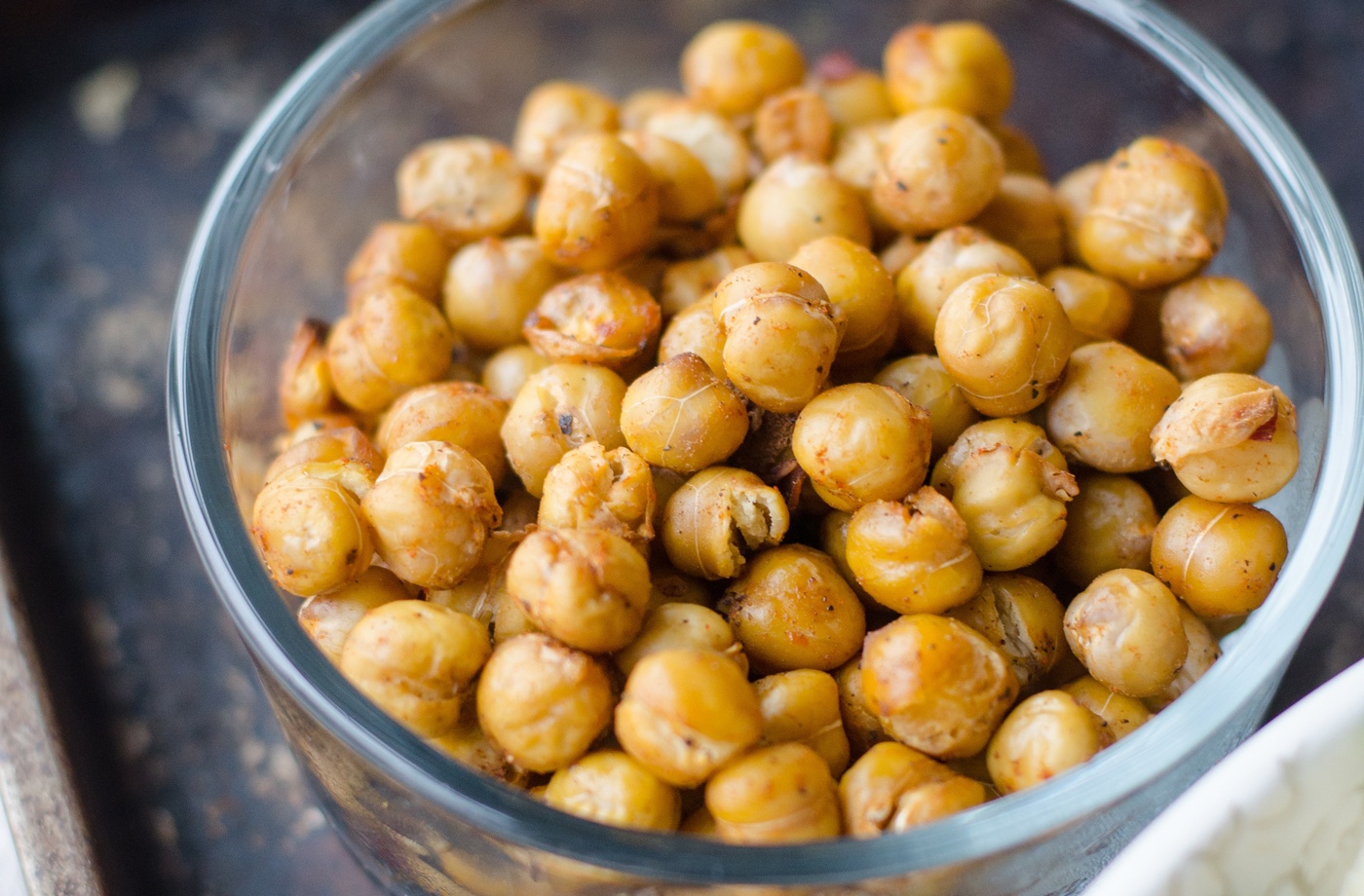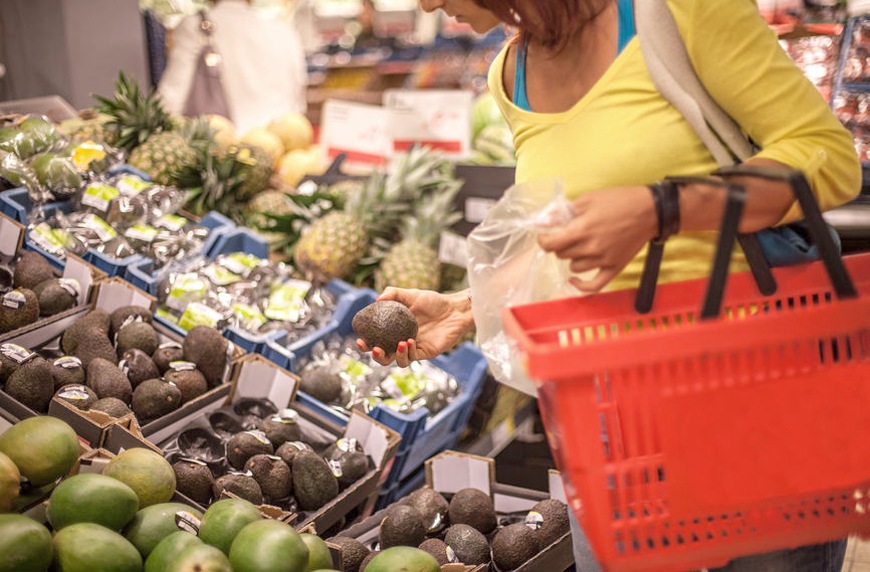Yes, You Totally Can Eat Clean for Less Than $100 a Week—Here’s How
There's this crazy myth that eating clean food is available to only the wealthiest among us—you know, those who can afford to drop $25 on a jar of yogurt and direct a car-payment-sized chunk of their monthly budget toward designer adaptogens.
That's unfortunate, because there's no question that food in its most natural form—free of additives like refined sugars and synthetic preservatives—is better for your body. And it can also be healthier for your wallet, argues Ian K. Smith, MD, author of The Clean 20.
"Clean eating is affordable and accessible across all socioeconomic strata," he insists. "The reason people think it's expensive is because they think you can only eat organic foods. Also, when clean eating became popular, it began as a trend of those in the upper echelons." (Remember Gwyneth Paltrow's infamous $200 smoothie?)
“Clean eating is affordable and accessible across all socioeconomic strata."—Ian K. Smith, MD
But with a few smart strategies and some prep work, it's possible to eat clean for under $100 per week, Dr. Smith says. First, make sure you're sticking to the perimeter of the store when you shop—typically home of the fruits and vegetables, meat, fish, and eggs. Also, he recommends only shopping once a week and buying in bulk. This helps keep costs down, while allowing you to meal-prep healthy food to keep on hand all week long.
Yet, one big question still remains—what should you put on your grocery list? According to Dr. Smith, it's important to choose bang-for-your-buck foods that'll stay fresh throughout the week. Because what's worse than realizing your hard-earned Trader Joe's haul has gone bad just days after you brought it home?
Stock up on these 7 foods to eat clean for less than $100 a week.

Chicken
This lean protein can be used in a variety of ways—and it's cheaper when you buy it in bulk. (Pro tip: Raw chicken should be cooked or frozen within a week of purchase.) "Chicken can be sliced up in salads, on sandwiches, as an entree, in pasta, or grilled with vegetables," Dr. Smith says. Alternatively, consider buying a whole chicken, which is always cheaper than parts.

{{post.sponsorText}}
And this is a case where you do want to spring for organic, says Dr. Smith—or at least hormone-free and antibiotic-free birds.
Chickpeas
Cost-effective and versatile, chickpeas are a plant-based protein source that can be used in many recipes throughout the week. Make hummus for sandwiches or as a veggie dip, roast them for a crunchy snack, or add them to salads for extra protein, Dr. Smith suggests. At around a dollar and change per can, they're about as budget-friendly as it gets.
Cucumbers
What's more refreshing than a hydrating cucumber slice (or ten) after a sweaty workout? "Cucumbers can be used in salads, as snacks, and in soup," says Dr. Smith—and they can last for about a week when stored properly in the fridge. You can also dip cukes into that homemade hummus you just whipped up for a clean, cheap snack.
Lemons
Don't skip out on clean eating's MVP. Lemons can be used to add zesty flavor to meals, without relying on the heavily processed ingredients found in most ready-made condiments. "Lemons can be squeezed into water, squeezed over fish, and used in making salad dressing," says Dr. Smith. Plus, a couple of lemons are obviously a lot more affordable than a bottle of dressing or marinade.

Ground turkey
Think beyond burgers when experimenting with ground turkey, which is another ideal lean protein to purchase in bulk and make in a variety of ways. "Ground turkey can be used for meatballs or a meat sauce with whole-grain pasta," Dr. Smith suggests. Meal-prep a big batch on the weekend, and dinner's sorted for days.
Avocados
Depending on size, one avocado can go a long way. You can spread 'em on toast (oh we know) or, of course, use them to make guacamole, says Dr. Smith. And if your avo happens to get a little too ripe? Blend it with fresh fruit and a handful of ice and you'll have a nice and creamy smoothie.
Wild-caught fish
Farm-raised fish can have a higher potential for contamination, depending on the species, so Dr. Smith recommends purchasing wild-caught fish to decrease your exposure to chemicals. Fish fillets can be baked or grilled for dinner and the leftovers can boost a salad, Smith says. (If you don't prep your fish within three days of purchase, freeze it.)
One caveat—although seafood is amazing for brain health, it can be on the expensive side, so look for lesser-known species and white fish like fluke, hake, and scrod. Save the salmon, cod, and shrimp for a special occasion—like the day your monthly grocery expenditures finally come in under budget.
These foods will help restore your liver and gut on the cheap. But, be warned: Striving to eat clean can go too far, like when it turns into orthorexia.
Loading More Posts...